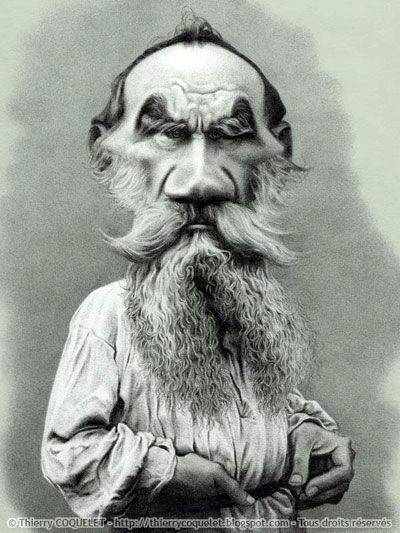
Philosophers can now really think better than others.
Vaak denk ik bij het lezen van een artikel in het NRC: wat is het addertje onder het gras?
Zo ook over het gevonden bewijs, dat filosofen echt beter kunnen denken (NRC 17/7/25 Eindelijk is het onderzocht: filosofen kunnen écht beter denken). Een grote data-analyse wijst uit dat Amerikaanse studenten filosofie op rationele vaardigheden hoger scoren dan andere studenten. Een studie, die nota bene dát als enige uitput heeft.
Stel je voor, dat de conclusie anders zou zijn of ten minste neutraal. Dat zou volgens mij hetzelfde zijn als de conclusie, dat natuurkunde studenten niet beter in hun wetenschap zijn dan studenten die géén natuurkunde studeren.
Dan heeft een aparte studie filosofie natuurlijk geen bestaansrecht (meer). Ook zou het aanbieden van een aparte module filosofie bij bijv. technische studies om de wetenschap methodologische beter te beoefenen zinloos zijn.
Ik blijf dus met de vraag zitten: wat is de ‘catch’ in het verhaal? Is het een – mislukte – poging om de studie filosofie af te serveren (á la een Muskiaanse invalshoek)?
I often think when reading an article in the NRC: what’s the catch?
This also applies to the evidence that philosophers really can think better (NRC 17/7/25 Finally, it’s been researched: philosophers really can think better). A large data analysis shows that American philosophy students score higher on rational skills than other students. A study that, incidentally, only examines that.
Imagine if the conclusion were different, or at least neutral. In my opinion, that would be the same as concluding that physics students are no better at their science than students who don’t study physics.
Then, of course, a separate philosophy program would no longer have any right to exist. Offering a separate philosophy module in, say, engineering programs to improve the methodology of science would also be pointless.
So, I’m left with the question: what’s the catch? Is it a – failed – attempt to dismiss the study of philosophy (à la a Muskian approach)?
Ricky Turpijn



